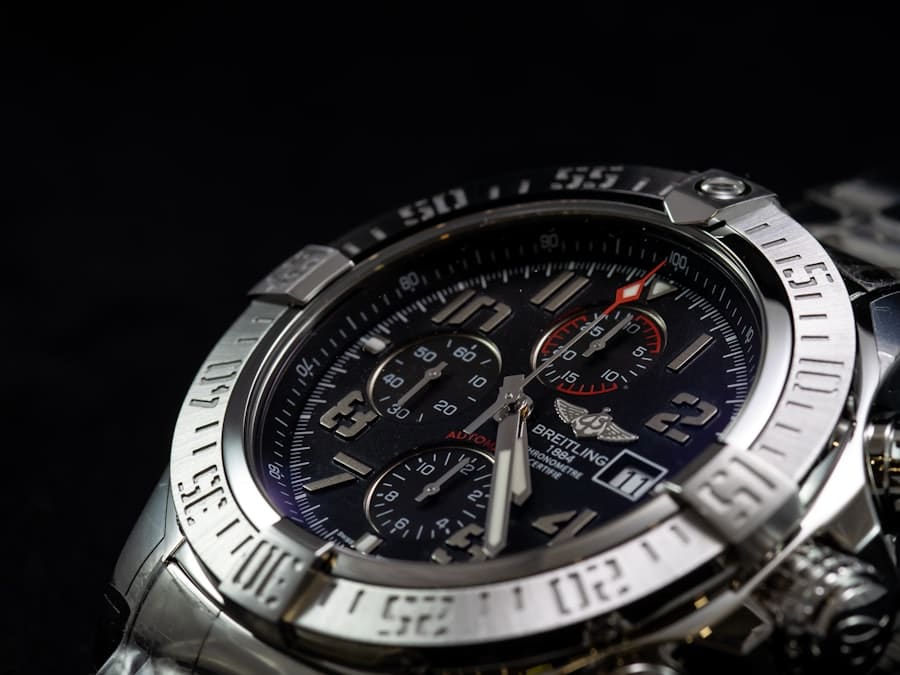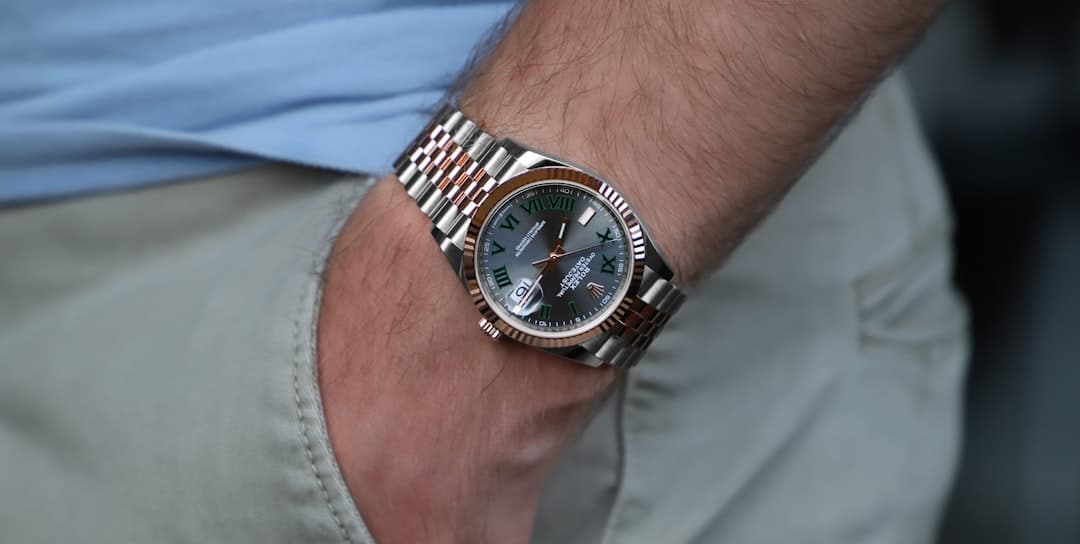The luxury goods market is characterized by its exclusivity, high value, and the emotional connection consumers have with brands. However, this market is also plagued by issues such as counterfeiting and a lack of transparency in the supply chain. Blockchain technology has emerged as a transformative force, offering solutions that can enhance the integrity of luxury goods.
By providing a decentralized ledger that records transactions in a secure and immutable manner, blockchain can help brands maintain their reputation and ensure that consumers receive authentic products. Blockchain’s role in the luxury goods market extends beyond mere authentication; it also facilitates a deeper connection between brands and consumers. With the ability to trace the entire lifecycle of a product—from raw materials to the final sale—brands can share this information with consumers, fostering trust and loyalty.
As consumers become more conscious of their purchasing decisions, the ability to verify the authenticity and origin of products becomes increasingly important.
Key Takeaways
- Blockchain technology provides transparency and traceability in the luxury goods market, allowing consumers to verify the authenticity of products.
- Counterfeiting has a significant impact on the luxury goods industry, leading to loss of revenue and reputation damage for brands.
- Smart contracts play a crucial role in authenticating luxury goods by ensuring that the terms of the transaction are met before the transfer of ownership.
- Blockchain technology helps prevent fraud and ensures authenticity by creating an immutable record of product history and ownership.
- Successful case studies demonstrate the effective implementation of blockchain in the luxury goods market, showcasing its potential for transforming the industry.
The Impact of Counterfeiting on the Luxury Goods Industry
Counterfeiting poses a significant threat to the luxury goods industry, undermining brand integrity and resulting in substantial financial losses. According to a report by the International Chamber of Commerce, the global economic value of counterfeit goods is projected to reach $4.2 trillion by 2022, with luxury brands being among the most affected. Counterfeit products not only dilute brand equity but also erode consumer trust, as buyers may unknowingly purchase fake items believing they are authentic.
This issue is particularly pronounced in markets where luxury goods are highly coveted, leading to an increase in counterfeit operations. The impact of counterfeiting extends beyond financial losses; it also affects consumer safety and brand reputation. Counterfeit luxury goods often do not meet safety standards, posing risks to consumers who purchase them.
For instance, counterfeit cosmetics may contain harmful substances that can cause skin reactions or other health issues. Furthermore, when consumers encounter counterfeit products, their perception of the brand can be negatively influenced, leading to a decline in customer loyalty. As a result, luxury brands are increasingly seeking innovative solutions to combat counterfeiting and protect their market position.
How Blockchain Technology Provides Transparency and Traceability

Blockchain technology offers unparalleled transparency and traceability, which are crucial for combating counterfeiting in the luxury goods market. Each transaction recorded on a blockchain is time-stamped and linked to previous transactions, creating an immutable chain of information that can be accessed by all parties involved. This means that every step of a product’s journey—from production to sale—can be documented and verified.
For luxury brands, this capability allows them to provide consumers with proof of authenticity and origin, thereby enhancing trust. The traceability offered by blockchain also enables brands to monitor their supply chains more effectively. By utilizing blockchain, companies can track raw materials from their source to the final product, ensuring that they adhere to ethical sourcing practices.
For example, a luxury fashion brand could use blockchain to verify that the leather used in its handbags comes from sustainable farms that treat animals humanely. This level of transparency not only appeals to ethically-minded consumers but also helps brands mitigate risks associated with supply chain disruptions or unethical practices.
The Role of Smart Contracts in Authenticating Luxury Goods
Smart contracts are self-executing contracts with the terms of the agreement directly written into code on the blockchain. In the context of luxury goods, smart contracts can play a pivotal role in authenticating products and facilitating transactions. When a luxury item is created, a smart contract can be generated that includes essential information such as the product’s unique identifier, its origin, and ownership history.
This information is securely stored on the blockchain and can be accessed by all parties involved in the transaction. When a consumer purchases a luxury item, the smart contract automatically verifies its authenticity by checking the product’s details against the blockchain records. If the information matches, ownership is transferred seamlessly, ensuring that both parties are protected from fraud.
This process not only streamlines transactions but also reduces the likelihood of counterfeit products entering the market. Additionally, smart contracts can include conditions for resale or warranty claims, further enhancing consumer confidence in their purchases.
The Advantages of Blockchain in Preventing Fraud and Ensuring Authenticity
The advantages of blockchain technology in preventing fraud and ensuring authenticity are manifold. One of the most significant benefits is its decentralized nature, which eliminates the need for intermediaries in transactions. This reduces the risk of manipulation or fraud by third parties who may have access to sensitive information.
By relying on a distributed ledger system, luxury brands can create a more secure environment for their products and transactions. Moreover, blockchain’s transparency allows consumers to verify the authenticity of products before making a purchase. With access to detailed information about a product’s history and provenance, buyers can make informed decisions and feel confident in their purchases.
This level of assurance is particularly important in the luxury market, where consumers are often willing to pay a premium for authenticity and quality. By leveraging blockchain technology, brands can not only protect their reputation but also enhance customer satisfaction and loyalty.
Case Studies: Successful Implementation of Blockchain in the Luxury Goods Market

Several luxury brands have already begun to implement blockchain technology successfully, showcasing its potential to revolutionize the industry.
Aura allows consumers to trace the history of their luxury products, providing information about their origin and authenticity.
By partnering with various stakeholders across its supply chain, LVMH aims to create a more transparent ecosystem that enhances consumer trust. Another example is Prada’s collaboration with Myco, a blockchain-based platform designed to authenticate luxury items. Myco uses unique digital identifiers for each product, allowing consumers to verify its authenticity through a mobile app.
This initiative not only helps combat counterfeiting but also aligns with Prada’s commitment to sustainability by providing insights into the environmental impact of its products. These case studies illustrate how leading luxury brands are harnessing blockchain technology to address pressing challenges while enhancing consumer engagement.
The Future of Blockchain in the Luxury Goods Industry
As blockchain technology continues to evolve, its potential applications within the luxury goods industry are likely to expand further. One area of growth is the integration of blockchain with other emerging technologies such as artificial intelligence (AI) and the Internet of Things (IoT). For instance, AI could analyze data from blockchain records to identify patterns related to counterfeiting or consumer preferences, enabling brands to make more informed decisions about product development and marketing strategies.
Additionally, as consumer demand for sustainability increases, blockchain could play a crucial role in verifying ethical sourcing practices across supply chains. Brands may leverage blockchain to provide real-time data on environmental impact or labor conditions associated with their products. This capability would not only enhance transparency but also allow consumers to support brands that align with their values.
The future landscape of luxury goods could see an even greater emphasis on authenticity and ethical practices, driven by advancements in blockchain technology.
Overcoming Challenges and Barriers to Implementing Blockchain for Authenticity
Despite its potential benefits, implementing blockchain technology in the luxury goods market is not without challenges. One significant barrier is the need for industry-wide collaboration among various stakeholders, including manufacturers, retailers, and logistics providers. Establishing a unified standard for data sharing and interoperability is essential for creating an effective blockchain ecosystem.
Without cooperation among these parties, efforts to combat counterfeiting may be fragmented and less effective. Another challenge lies in consumer education and awareness regarding blockchain technology. Many consumers may not fully understand how blockchain works or its benefits for ensuring product authenticity.
Luxury brands must invest in educating their customers about how they can leverage blockchain for verification purposes. This could involve marketing campaigns that highlight the technology’s role in enhancing transparency or providing user-friendly tools for accessing product information on the blockchain. In conclusion, while there are hurdles to overcome, the integration of blockchain technology into the luxury goods market presents an opportunity for brands to enhance authenticity, combat counterfeiting, and build stronger relationships with consumers.
As more companies recognize these advantages and work collaboratively towards implementation, we may witness a significant transformation in how luxury goods are produced, marketed, and sold.
Blockchain technology is not only revolutionizing the luxury goods market but also making a significant impact in the sustainable energy sector. In the article How One Founder Realized the Potential of Sustainable Energy, the potential of blockchain in ensuring transparency and authenticity in renewable energy projects is explored. This innovative technology is proving to be a game-changer in various industries, including luxury goods and sustainable energy.
FAQs
What is blockchain technology?
Blockchain is a decentralized, distributed ledger technology that records transactions across multiple computers in such a way that the recorded transactions cannot be altered retroactively.
How does blockchain ensure authenticity in the luxury goods market?
Blockchain ensures authenticity in the luxury goods market by creating a transparent and immutable record of a product’s journey from the manufacturer to the consumer. This record includes information about the product’s origin, manufacturing process, and ownership history, which can be verified by all parties involved.
What are the benefits of using blockchain for authenticity in the luxury goods market?
Using blockchain for authenticity in the luxury goods market provides several benefits, including increased transparency, reduced counterfeiting, improved trust between buyers and sellers, and the ability to track and verify the provenance of luxury goods.
How does blockchain technology prevent counterfeiting in the luxury goods market?
Blockchain technology prevents counterfeiting in the luxury goods market by creating a secure and tamper-proof record of a product’s authenticity, making it difficult for counterfeiters to replicate or alter the product’s provenance.
What are some examples of companies using blockchain for authenticity in the luxury goods market?
Several companies in the luxury goods market are using blockchain technology to ensure authenticity, including LVMH, which has launched the AURA blockchain platform to track and authenticate luxury goods, and De Beers, which is using blockchain to track the provenance of diamonds.

